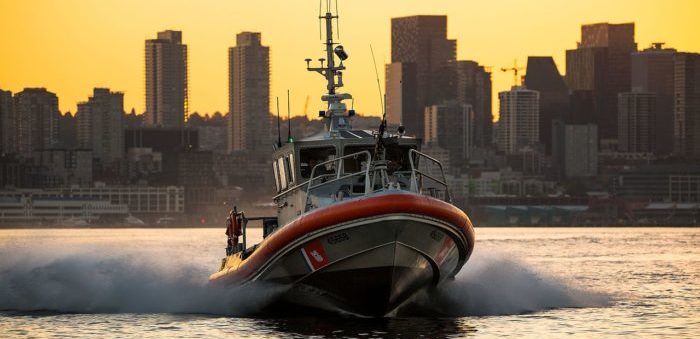The US Coast Guard requested the public’s help in preventing unnecessary emergency responses by US Coast Guard crews and local responders in the northern Washington area, specifically in the greater Puget Sound area.
Washington-based US Coast Guard personnel spend 600 search hours each month responding to vessels that are unmanned and adrift with the majority of these cases being non-distress situations.
[smlsubform prepend=”GET THE SAFETY4SEA IN YOUR INBOX!” showname=false emailtxt=”” emailholder=”Enter your email address” showsubmit=true submittxt=”Submit” jsthanks=false thankyou=”Thank you for subscribing to our mailing list”]
Helicopter and boat crews spent 10 hours, on January 9, responding to four boats that, after extensive searches, had simply drifted from their moorings in heavy winds.
While the Coast Guard responds to similar cases throughout the year, the heavy sustained winds and windstorms during the winter cause a dramatic increase in the number of these incidents
According to Cmdr. Jo-Ann Burdian, chief of response US Coast Guard Sector Puget Sound, when boats and watercraft break free they frequently prompt a USCG response. The response can be longer if the USCG cannot quickly identify or contact the owner to confirm that no one is in distress.
In order to ensure safety, USCG provided some tips:
- If two lines are normally used to tie up, consider using four prior to an incoming storm
- If you normally leave watercraft on a dock, consider placing it in a protected area like a shed or garage during a storm
- Inspect your lines and replace worn and weathered lines with new ones to prevent a breaking of a line
- Anchoring a boat is often not sufficient during major wind events, so take time to place your boat in a protected marina
- For canoes, kayaks, and stand up paddle boards, affix two current contact numbers to the hull to aid in owner identification and contact.
- Double check vessel registration to make sure it contains accurate, updated contact information and phone numbers.
We are asking for the public’s help on this issue so we can preserve resources for those vessels and people who truly need our assistance






























































